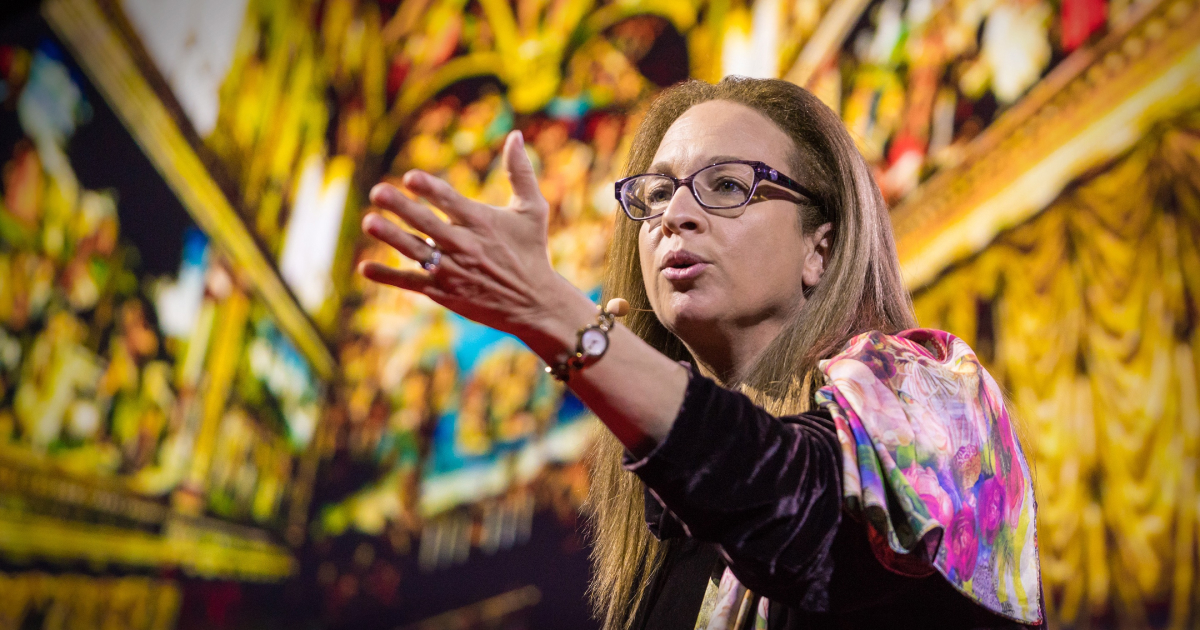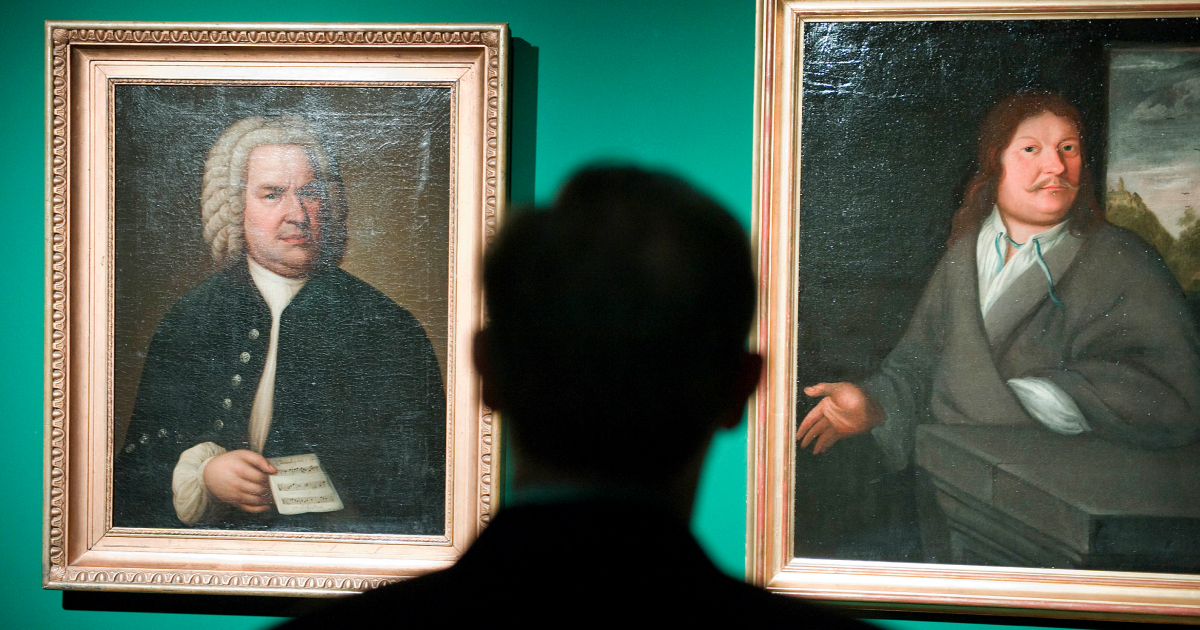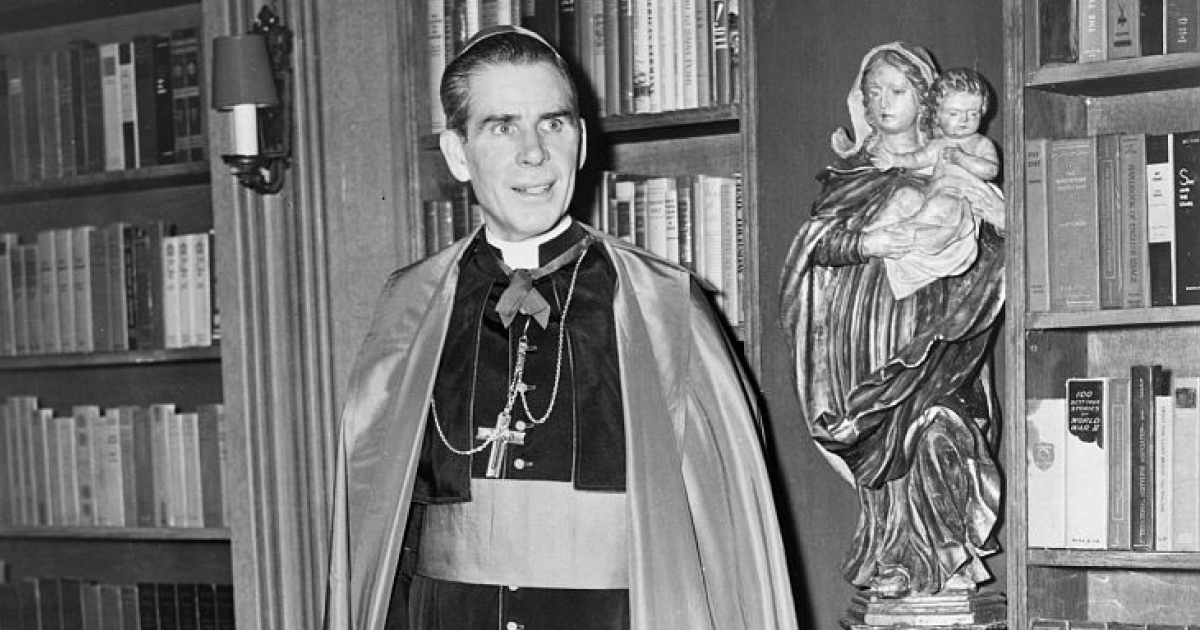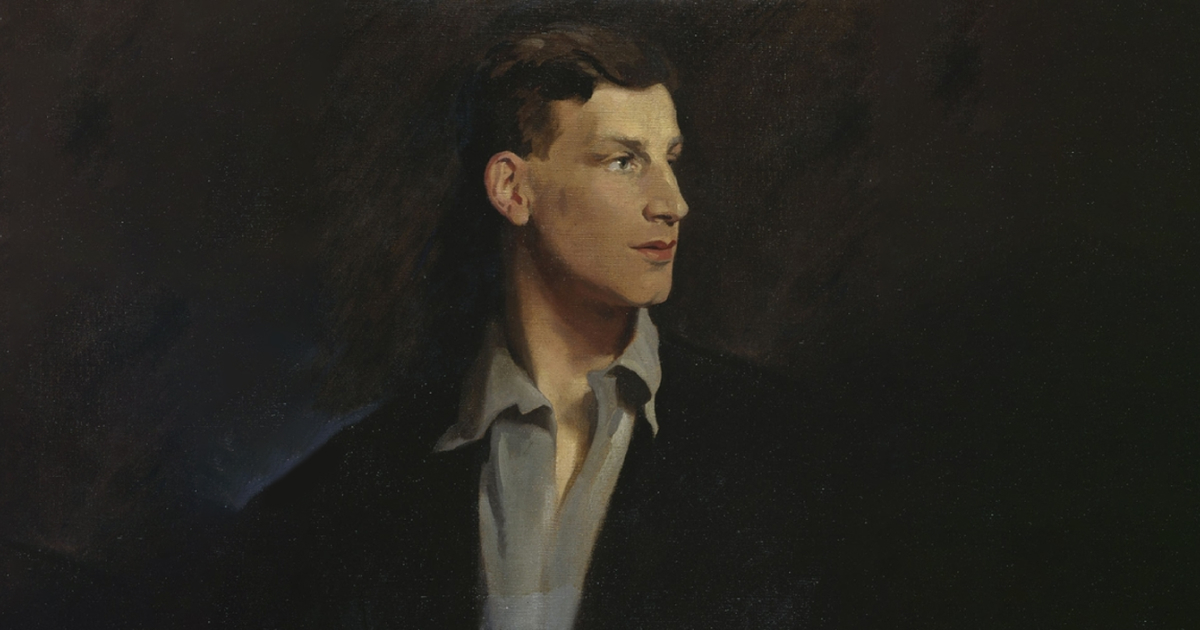I don’t think I’d seen a “Down with this sort of thing” placard in the flesh since I watched the Protest the Pope march back in September 2010. The sign references an episode of the 1990s comedy Father Ted, in which the protagonist and his dim-witted sidekick Fr Dougal are forced to protest against the screening of a blasphemous new film called The Passion of Saint Tibulus. Among the many catchphrases popularised by the comedy, back in 2010 this one suggested an ironic and gently mocking attitude to religion; that it was ridiculous rather than evil.
Yet in September, the sign was carried by supporters of Father Ted co-creator Graham Linehan as he faced charges of harassment and criminal damage in an ongoing trial, following an incident involving a young transgender activist.
Linehan had been bailed before trial, allowing him to travel to the United States. When he arrived back at Heathrow, however, he was arrested by five armed police officers over three tweets he had posted in April. His ordeal is also part of a much bigger story. Arthur Mathews and Graham Linehan had worked on The Fast Show before the comedy producer Geoffrey Perkins had taken to one of their ideas about a group of priests stuck on a remote Irish island, proposing that it be written as a six-part sitcom. It was brilliant, hugely loved, and in its timing significant.
Conor Fitzgerald wrote of Father Ted that, while well-loved in Britain, in Ireland it is more like “the national sitcom, a piece of light entertainment that nevertheless says something meaningful about us.” It also appeared at a crucial time in history. He wrote:
“Not only was Father Ted one of the few successful TV representations of Ireland, it was made during Ireland’s version of the Swinging Sixties, our flux decade of the 1990s. The accelerating collapse of the Church and the exposure of longstanding political corruption coincided with the dawn of the Celtic Tiger years, lending peripheral Ireland a sense of self-conscious modernity. It was a unique national turning point, where our 19th-century past seemed to co-exist with our 21st-century future. In reflecting this upheaval, Father Ted has become not just a social historical document, but a portent of where Ireland stands today.”
“When Ted was broadcast, the Church was formally still one of the central pillars of Irish life, but its authority rang hollow. Priests often felt like administrators of a vanished country. And on remote Craggy, Ted, Dougal and Jack mirror this directly. All good sitcoms feature characters who are trapped, but Ted is doubly so: first on his island, and second in an institution people are coming to see as irrelevant. He is still an essential member of the community, more than just a ceremonial functionary for weddings and funerals. But it’s just not clear what the essential thing he does is anymore, beyond being a common reference point that deserves token respect.”
“Ted and Ted therefore stand at a crossroads, and capture the more fundamental social change in Ireland at this time: the collapse in respect for older establishment hierarchies generally.”
The Church lost its power to patrol its taboos, without which it became a sitting duck for satirists. The Passion of Saint Tibulus was influenced by the protest against Monty Python’s Life of Brian, successfully banned in Ireland until 1987. As a teenager, Linehan had to join a film club to watch it, but such censorship was disappearing everywhere.
Father Ted was a work of genius and also charming, and its treatment of religion was far from vicious. Rather than being a vitriolic attack on Church authority, Father Ted poked gentle fun at the absurdity of the old order. It was innocent, and many years later, Linehan said he would find writing Father Ted much harder in light of the abuse scandal.
He was at the highest status of the profession, and had the highest-status opinions too as an honorary associate of the National Secular Society. In October 2015, he worked with Amnesty International to call on Ireland to reverse its constitutional ban on abortion.
When someone observed how few conservatives were involved in creative writing on television, Linehan suggested that “writers tend to the left because writers tend to have compassion.”
In 2018, while recovering from testicular cancer, he tweeted about the transgender issue, and as this Times profile describes, “someone immediately responded that they wished the cancer had won.” Within months, he had managed to become the enemy of progressive Britain and was unable to find work.
Linehan’s Damascene conversion on the trans issue seemed to have come in 2013 when an episode of The IT Crowd was publicly denounced for supposedly trivialising violence against transgender women. Channel 4 eventually removed the episode altogether from streaming services in 2020.
The idea of comedy being censored clearly rankled with someone who had come of age in the transitional period when freedom of expression had become the norm — but in the new order, censorship would return. What turned out to be most striking was that many professional comedians supported it.
For Linehan personally this cultural revolution was disastrous. He seems to have fallen out with almost everyone in the industry; the row has ruined his finances and cost him his marriage. He has been on anti-anxiety medication for five years and has spoken about contemplating suicide.
Even the proposed Father Ted musical fell through because he argued with Hat Trick Productions over the transgender issue. The producers wished to distance themselves from his views or to avoid the subject; Linehan was apparently offered £200,000 to walk away but refused. He has found it difficult to find work in Britain and was banned from performing at the Edinburgh Fringe the last time he was booked to attend. His views, it was declared, “did not align with our overall values.”
Yet Linehan is still clearly left-wing. He is outspoken, to say the least, and he hardly helps himself with his abrasive and belligerent style. He has also been very courageous.
The arts world generally love the pose of rebellion, but in reality it loves rebelling against the old order while being terrified of upsetting the new moral powers-that-be. As with many revolutions, that old order was in many ways more benevolent than the new. Long before our old blasphemy laws were abolished in 2008, the last person sent to jail for insulting Christianity in Britain was back in 1921, while today people are routinely jailed or arrested for the offensive things they write. In Ireland, the last prosecution for blasphemy was further back still, in 1855; even if the country’s 1937 constitution made blasphemy a crime, it was too vaguely worded to be enforced. Sure, Dave Allen couldn’t find work on Irish television because of his outspoken mockery of religion, but they never sent armed police to arrest him at Dublin Airport.
In The Passion of Saint Tibulus, Bishop Brennan’s determination to force the priests to protest at the film has the opposite intended effect, only making the film more popular. Perhaps the arrest of the country’s leading comic writer will have the same effect, by highlighting Britain’s problem with free speech. Down with this sort of thing.
(Photo by Alishia Abodunde/Getty Images)





.jpg)





.jpg)





